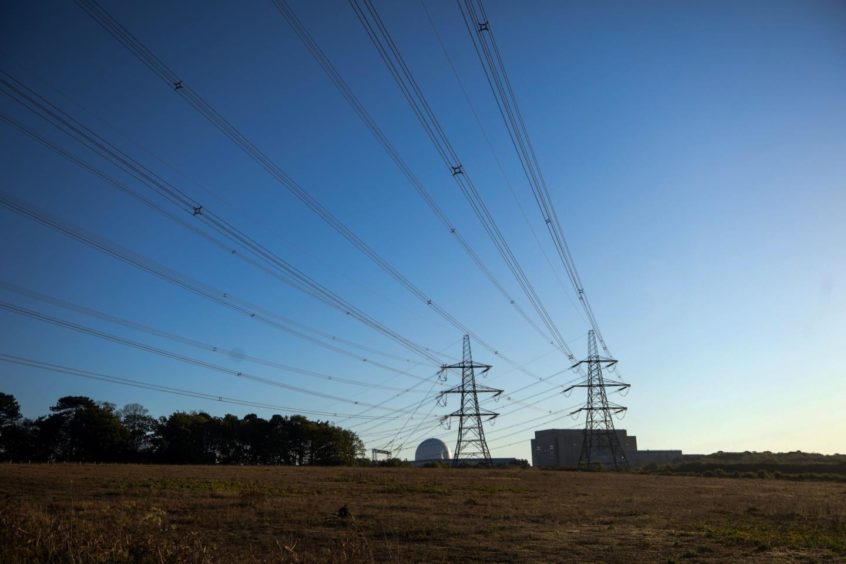
Electricite de France plunged by a record as the French government confirmed plans to force it to sell more power at a steep discount to protect households from surging wholesale electricity prices.
The move could cost the state-controlled utility 7.7 billion euros ($8.8 billion) at Thursday’s market prices. EDF shares fell as much as 25% to 7.76 euros and were trading 21% lower at 8.14 euros at 9:58 a.m. in Paris. Prices on EDF’s subordinated bonds also tumbled, with a 1.25-billion-euro social note issued last year suffering a record drop of 1.7 cents to 98 cents before recovering some of its losses.
The unprecedented step, announced by Finance Minister Bruno Le Maire in an interview with Le Parisien published Thursday, is the latest decision by President Emmanuel Macron to tackle inflation and gain the support of voters ahead of April’s presidential election amid Europe’s energy crisis. The utility being part-owned by the French state makes it easier to implement this.
In a separate development, EDF said late Thursday that several of its nuclear power plants in France would be offline longer than expected for repairs, prompting the company to slash its output forecast from reactors by 8%. The setback threatens to drive up power prices as Europe is already facing a historic supply crunch.
“Given the circumstances, EDF is likely to consider a capital increase,” JPMorgan Chase & Co. analyst Vincent Ayral wrote in a note. “We would recommend to avoid the stock for the time being.”
The increase in electricity bills for households and very small businesses will be capped at 4% this year, when including 8 billion euros of tax cuts on electricity consumption, Le Maire said. Without the moves, prices would rise by 35% from Feb. 1.
Rivals of Paris-based EDF, which are already entitled by law to buy 100 terawatt-hours of the energy giant’s annual power output at a steep discount to current market prices, will be given the opportunity to buy another 20 terawatt-hours cheaply, Le Maire told Le Parisien. That will cost EDF between 7.7 billion euros and 8.4 billion euros, depending on market prices, the minister said.
“This political intervention is certainly diametrically opposite to the government’s medium-term goals of steering the company to calmer waters with a strong balance sheet for green investments and creating a positive story around nuclear ahead of decisions to build new reactors,” Meike Becker, an analyst at Sanford C. Bernstein & Co. wrote in a note.
‘Appropriate Measures’
EDF said Thursday it can’t know how bad the financial hit could be at this stage and will depend on market prices for power.
The company “will consider appropriate measures to strengthen its balance sheet structure and any measure to protect its interests.” The utility withdrew its guidance for 2022 indebtedness, and said it will update again by Feb. 18 at the latest when it releases annual results.
The government decision, which needs to be approved by the European Commission, means EDF, which tends to sell its power in advance, will have to buy it at high prices to sell it back at a discount to rivals. It’s even more costly, because an unusually large number of its nuclear reactors are halted for long maintenance or repairs.
Recommended for you
